Transgender people are clearly under-represented in academia and in many spaces in society. How many transgender and non-binary teachers did you have from elementary school to the university? How many of them have you seen in the spaces and the places you often go?
The transgender community is clearly deprived of opportunities and pushed early on to violence, especially if they are from non-white ethnical groups. The discrimination against transgender people often starts with them receiving less protection from their families [1]. According to the Race and Equality and the National Association of Travestis and Transexuals of Brazil (ANTRA), the life expectancy of transgender people is only 35 years, and if they are black 28. In Brazil, about 90% of the transgender population works in prostitution. This stigmatizes them for their whole lives making them prone to violence, depression, and anxiety [1]. 19% to 47% of transgender people report suicide attempts[2], they also report considerably more harassment (50%) and hiring discrimination based on their identity (44%) [3]. According to Sansone, North American LGBTQ+ students are less likely to obtain a degree and have poorer GPAs compared to other students. They are also less likely to attend college and finish a degree [4].
Renata Borges, Brazilian activist, politician, and STEM student at UTFPR Apucarana in 2019’s protests against budget cuts organized by her.
Renata Borges, Brazilian politician, woman in STEM shares: “I believe that social inequalities are still largely responsible for the transsexual community not being seen or seeing itself in the field of science. The few of us who access higher education when entering the Academia find a white and sexist science standard. In addition, not surprising women scientists and researchers cannot fit into the cisgender society. It will take a few decades before one or some of us can take a leading role and occupy spaces that are ours by right in the academia.”
More than anything, we need to discuss policies to guarantee the success of trans people in school and higher education. Progress has been made in recognizing gay marriage and making it easier for trans people to transition in Europe; however, we still have a long way to go to guarantee every letter in the LGBTQ+ community worldwide is effectively seen and given the same opportunities.
This article was written by André Plath as part of an ongoing series of scientific communications written and curated by BioTrib’s Early Stage Researchers.
André is researching Boundary Lubrication of Fibrous Scaffolds at ETH Zürich, Switzerland.
TRADUÇÃO
As pessoas trans estão claramente sub-representadas na academia e em muitos espaços da sociedade. Quantos professores transgêneros e não-binários você teve desde o ensino fundamental até a universidade? Quantos deles você já viu nos espaços e nos lugares que frequenta?
A comunidade transgênero é claramente privada de oportunidades e empurrada desde cedo para a violência, especialmente se forem de grupos étnicos não brancos. A discriminação contra os transgêneros muitas vezes começa com eles recebendo menos proteção de suas famílias [1]. De acordo com a Raça e Igualdade e a Associação Nacional de Travestis e Transexuais do Brasil (ANTRA), a expectativa de vida das pessoas trans é de apenas 35 anos e, se forem negras, 28. No Brasil, cerca de 90% da população transgênero trabalha em prostituição. Isso os estigmatiza por toda a vida, tornando-os propensos à violência, depressão e ansiedade [1]. 19% a 47% das pessoas transgênero relatam tentativas de suicídio [2], elas também relatam consideravelmente mais assédio (50%) e discriminação de contratação com base em sua identidade (44%) [3]. De acordo com Sansone, os estudantes LGBTQ+ norte-americanos são menos propensos a obter um diploma e têm GPAs mais baixos em comparação com outros estudantes. Eles também são menos propensos a frequentar a faculdade e terminar um curso [4].
Renata Borges, política brasileira, mulher no STEM compartilha: “Acredito que as desigualdades sociais ainda são as grandes responsáveis pela comunidade transexual não ser vista ou se ver no campo da ciência. Os poucos de nós que acessam o ensino superior ao entrar na Academia encontram um padrão de ciência branco e machista. Além disso, não é de surpreender que as mulheres cientistas e pesquisadoras não possam se encaixar na sociedade cisgênero. Levará algumas décadas até que um ou alguns de nós possam assumir um papel de liderança e ocupar espaços que são nossos por direito na academia.”
Mais do que tudo, precisamos discutir políticas para garantir o sucesso das pessoas trans na escola e no ensino superior. Houve progresso no reconhecimento do casamento gay e na facilitação da transição de pessoas trans na Europa; no entanto, ainda temos um longo caminho a percorrer para garantir que todas as cartas da comunidade LGBTQ+ em todo o mundo sejam efetivamente vistas e tenham as mesmas oportunidades.
References
[1] D.C. Lefebvre, J.F. Domene, Workplace Experiences of Transgender Individuals: A Scoping Review, (2020) 29.
[2] Q.A. Hunt, Q.J. Morrow, J.K. McGuire, Experiences of Suicide in Transgender Youth: A Qualitative, Community-Based Study, Archives of Suicide Research. 24 (2020) S340–S355. https://doi.org/10.1080/13811118.2019.1610677.
[3] M. Granberg, P.A. Andersson, A. Ahmed, Hiring Discrimination Against Transgender People: Evidence from a Field Experiment, Labour Economics. 65 (2020) 101860. https://doi.org/10.1016/j.labeco.2020.101860.
[4] D. Sansone, LGBT students: New evidence on demographics and educational outcomes, Economics of Education Review. 73 (2019) 101933. https://doi.org/10.1016/j.econedurev.2019.101933. Associacao Nacional de Travestis e Transexuais. Dossier Murders and Violence against travestis and trans people in Brazil in 2019. Available at: < https://antrabrasil.org/international/>
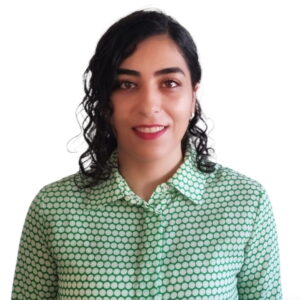

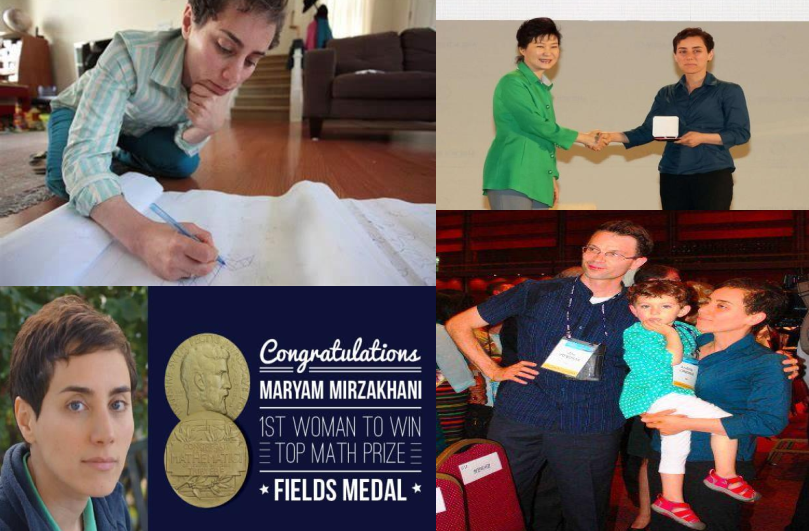
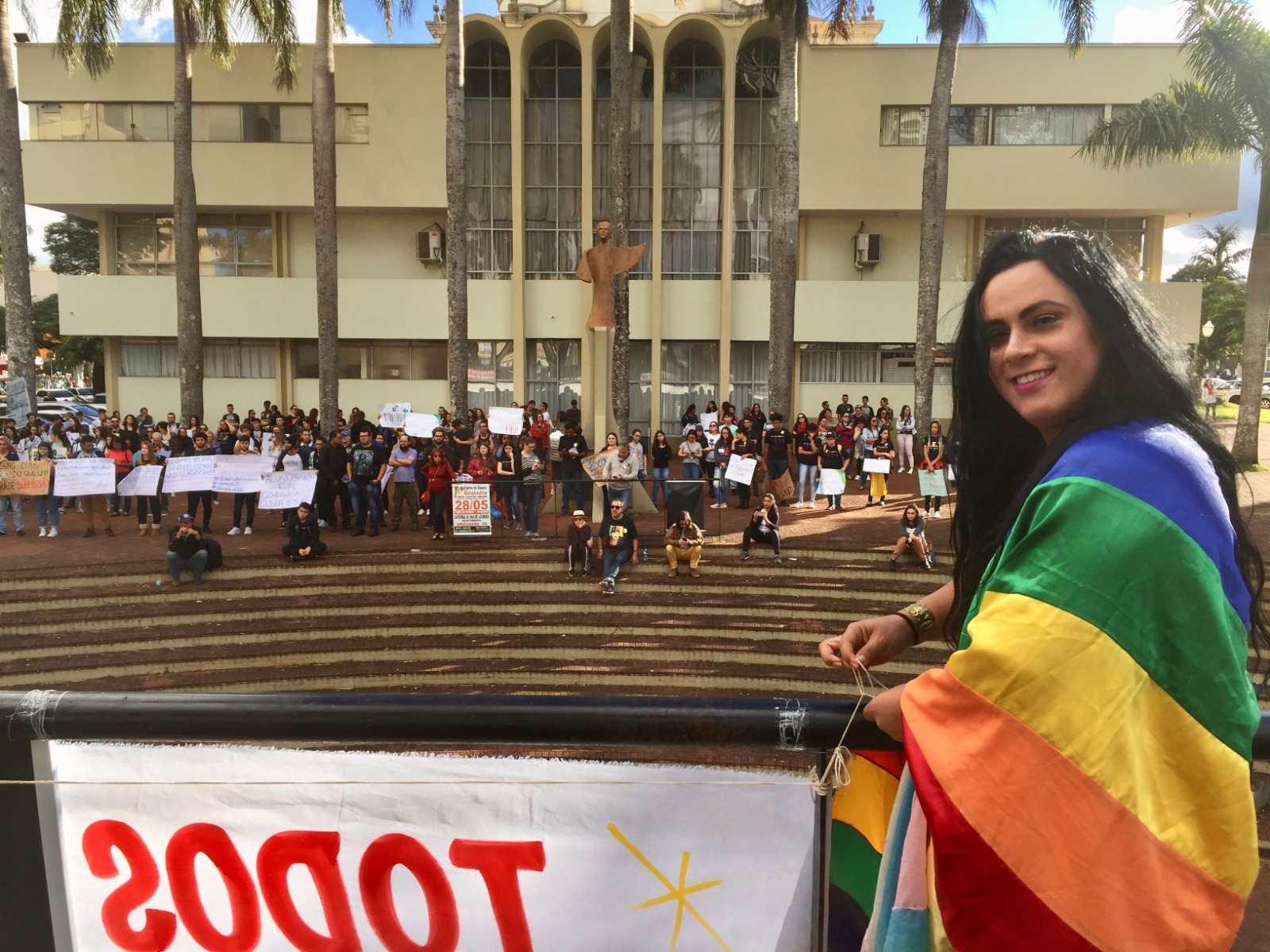
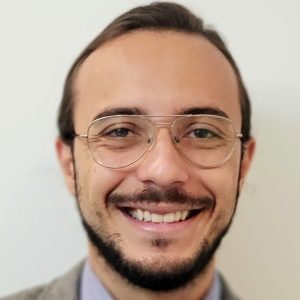


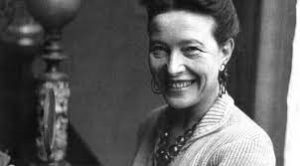
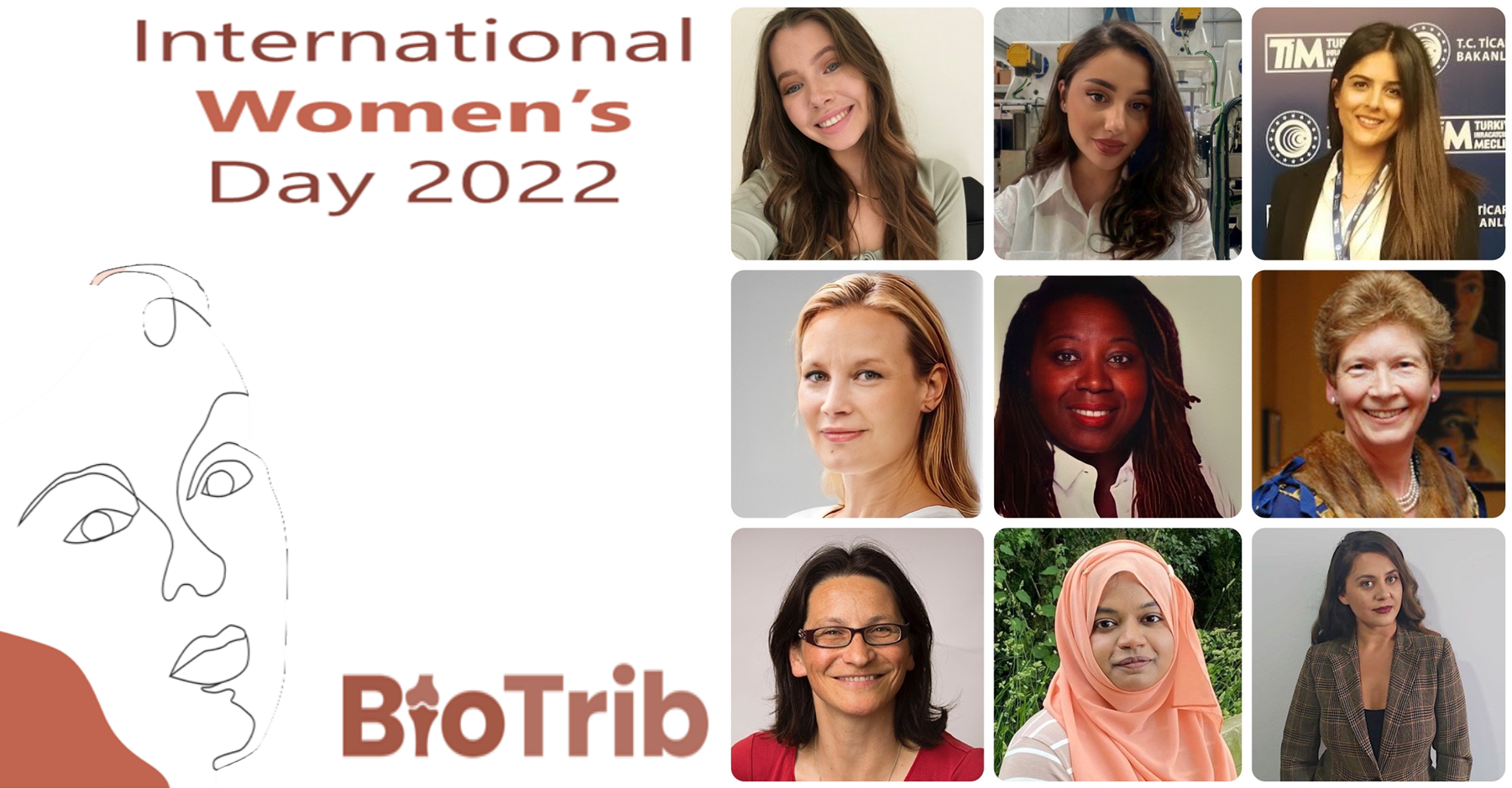
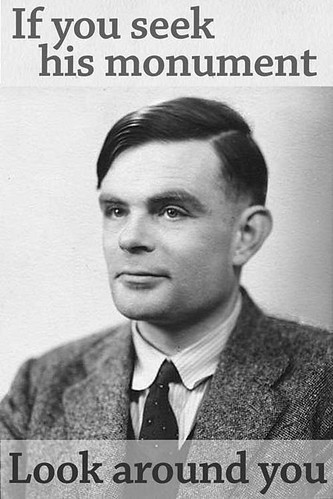
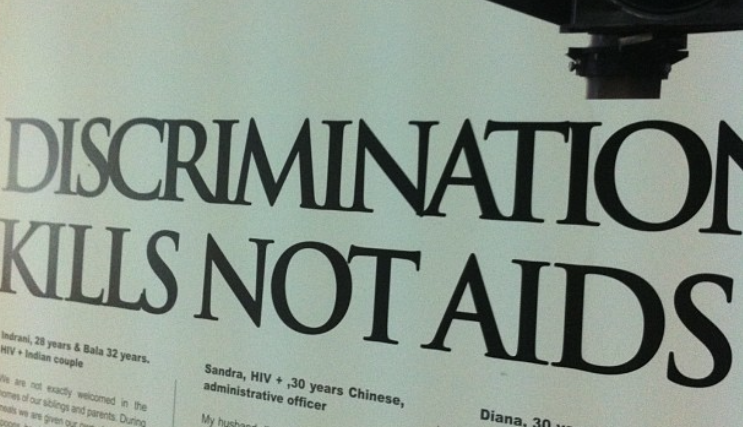
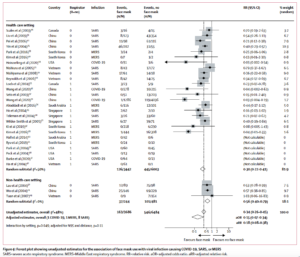

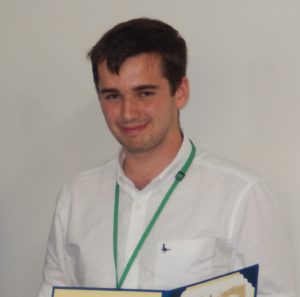 This article was written by Rob Elkington, the BioTrib website manager as part of a series of blog posts for LGBTQ+ history month.
This article was written by Rob Elkington, the BioTrib website manager as part of a series of blog posts for LGBTQ+ history month.


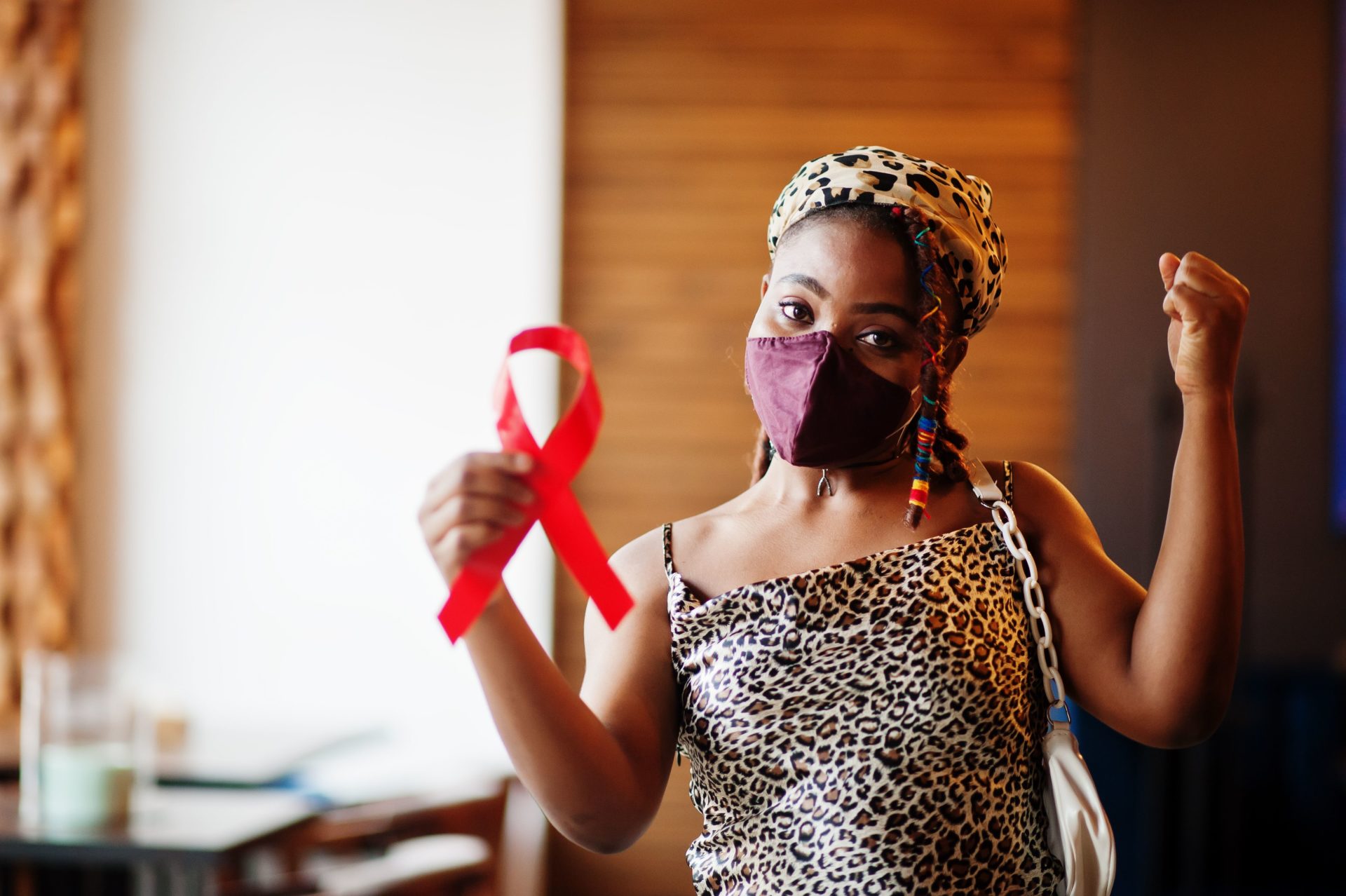

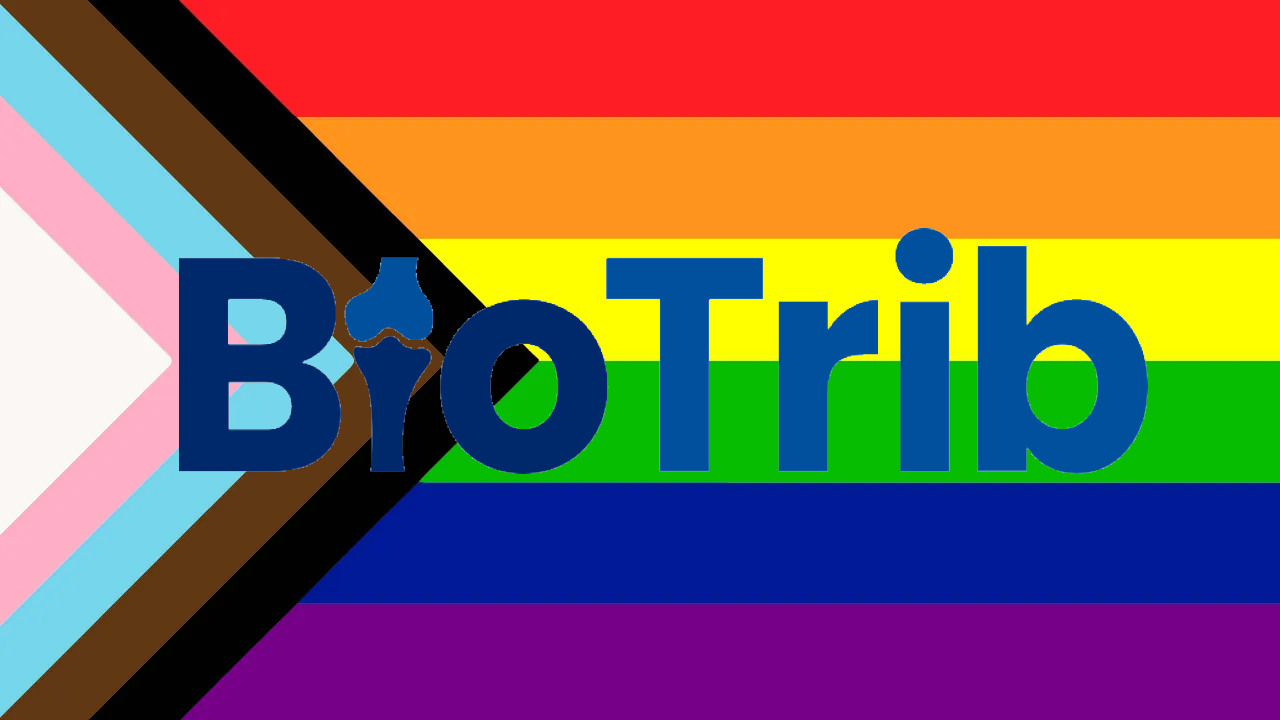
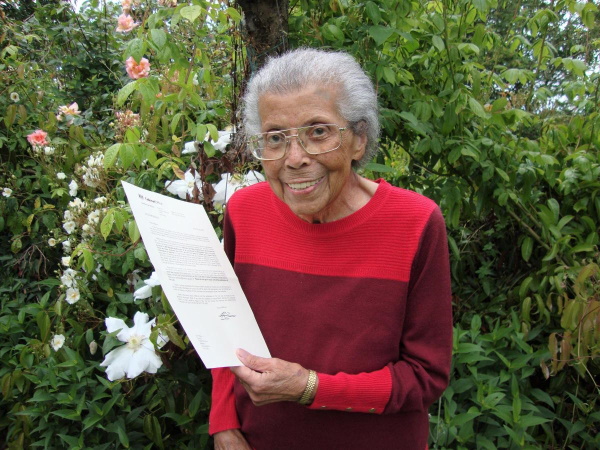
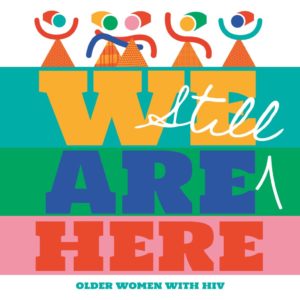
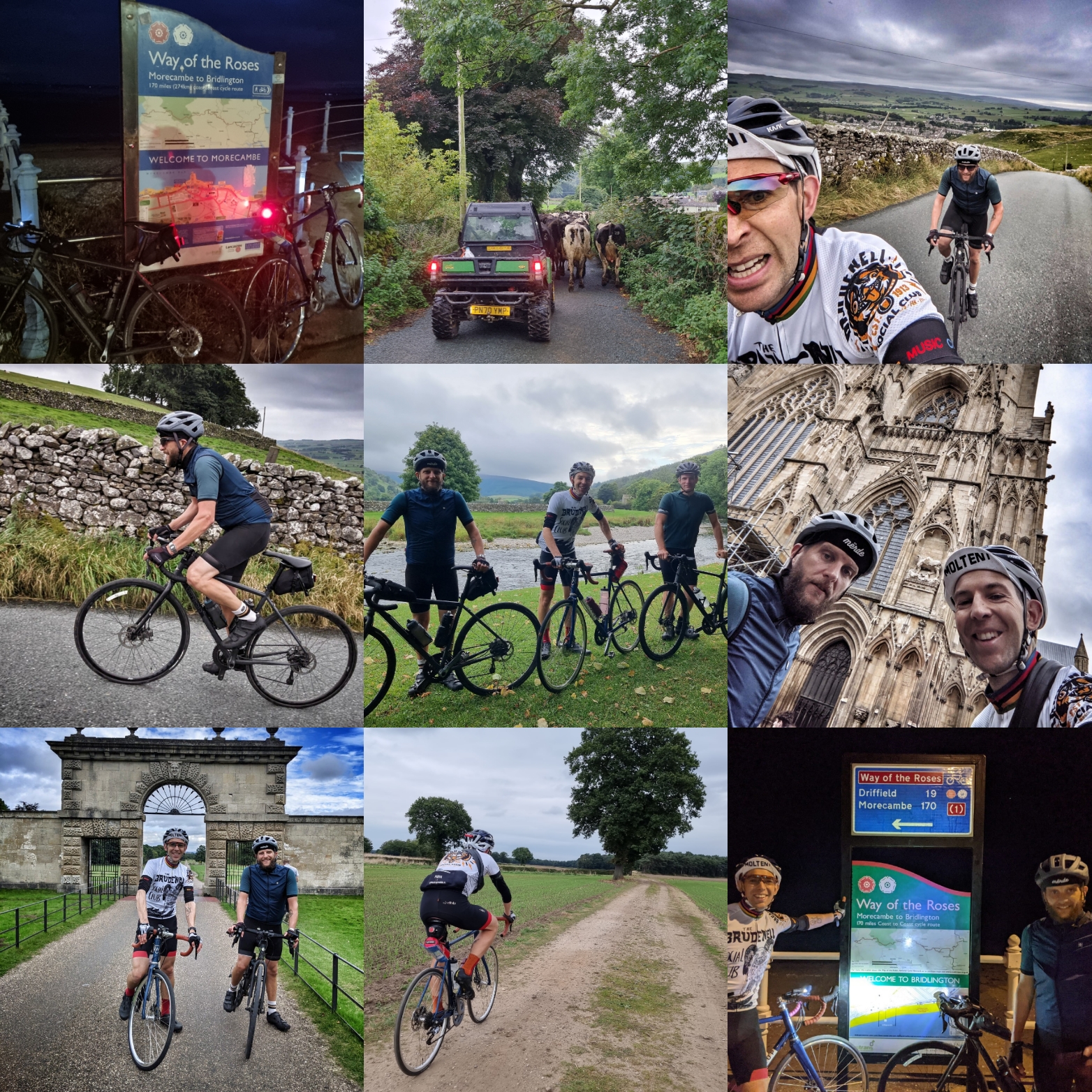

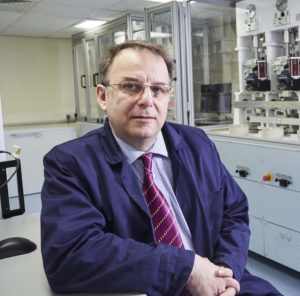 This post was written by
This post was written by